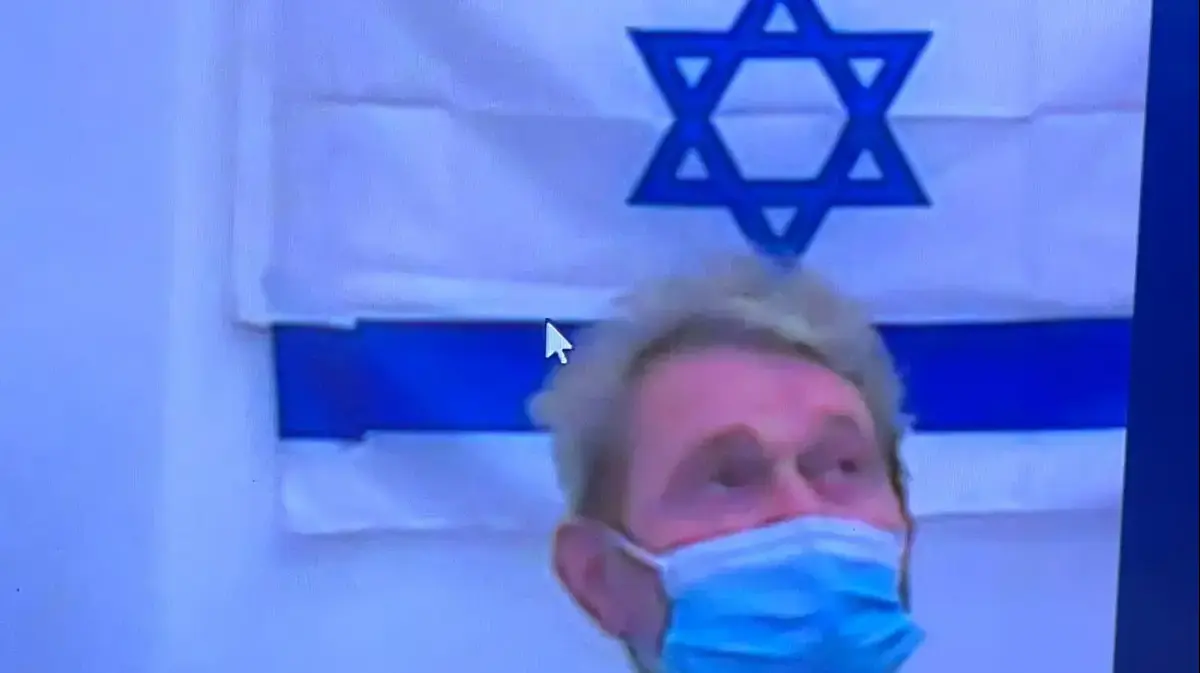Judge Manuel Piñar, head of Criminal Court number 1 of Granada, who in July 2018 sentenced Juana Rivas to five years in prison for two crimes of child abduction, has ordered the arrest and entry into prison of the woman , as confirmed this Thursday by his lawyer, Carlos Arangüez.
The original sentence, however, was reduced to two and a half years in prison by the Supreme Court a month ago, on April 26.
More information
The Supreme Court reduces Juana Rivas' jail sentence to two and a half years
A judge files all the complaints of Juana Rivas against her ex-partner in Italy
A few days after the Supreme Court's ruling, Rivas's lawyer presented the petition for pardon to the Government because he understood, as he explained in a statement at the time, that all the requirements were met for him to be granted that measure of grace. Arangüez then considered it quite probable that the judge would take this request into account to paralyze the execution of the sentence modified by the Supreme Court. It has not been so.
The lawyer considers that the court's decision to order the imprisonment at this time, when the Executive has not yet resolved anything, is "very unfair." And he has indicated that "today [for this Thursday]" he will present "an appeal against the order that agrees the immediate admission to prison, requesting that it be left without effect as long as the aforementioned pardon is resolved." Rivas' full sentence includes two and a half years in prison for a single crime of child abduction, six years of loss of parental authority over his two minor children and the payment of compensation to his ex-partner, Francesco Arcuri, of 12,000 euros.
Judge Manuel Piñar's order does not refer to the petition for pardon directly, but makes several mentions, in the only two pages that it has, to the need to execute the sentence “adopting without delay the necessary measures so that the convicted person enters the penal establishment ”. Before, the judge recognizes that the sentence is final, that it does not admit an appeal and that, since it is more than two years, the suspension does not proceed. For all these reasons, Piñar urges the police forces to present Juana Rivas before 15 days in his court or in the guard court so that he can be notified in person of the order to enter prison and give him, perhaps, a day or two of margin so that it enters the jail voluntarily. Likewise, it requires Rivas to pay the 12,000 euros "with the warning to proceed to the enforcement process in case of non-payment". Judge,Along these lines, it also finalizes the loss of parental authority and indicates that the Civil Registry must already record this deprivation of rights for the next six years to be effective.
The
Juana Rivas case
It began in the summer of 2017. On July 26 of that year, Rivas had to hand over his two children by court order to his father, Rivas's ex-partner, with whom he had lived in Italy for the last few years. The children, two boys aged 15 and 8 at this time, had been in Spain for a little over a year, since in May 2016 Rivas took them to his home in Maracena (Granada) from Italy and never returned them with his father. Arcuri requested the return of the minors before the courts. They dictated up to three times that he return them with them and on the third, in which the car already ordered the forces of order to make sure that Rivas delivered their children, the mother disappeared with them for a month. All this was valued by Judge Piñar as two crimes of child abduction that was later lowered to one by the Supreme Court,understanding that what happened was actually a single crime against the father's right to have his children.
Finally, Juana Rivas gave the children to their father who since September 2017 have lived in Carloforte (Sardinia, Italy) with their father. Since then, the guard and custody have fallen to the father by ruling of an Italian court that established a visitation regime that has allowed children to travel to Spain to spend the summer and Christmas holidays with their mother and also to visit their mother. children in Italy. These visits were in the first months marked by numerous complaints from the mother against the father for alleged abuse of children. The Italian courts did not address any of them by not giving them credibility.



/cloudfront-eu-central-1.images.arcpublishing.com/prisa/XC3N22HDLREXRCIIDD6LUKAURY.jpg)

/cloudfront-eu-central-1.images.arcpublishing.com/prisa/KSQTCK7XJVBFROZXUOP5CEEXV4.png)

